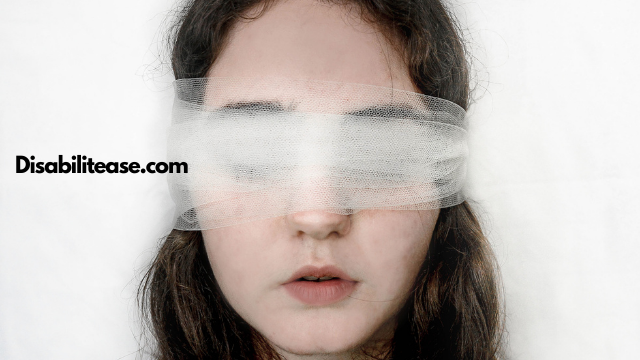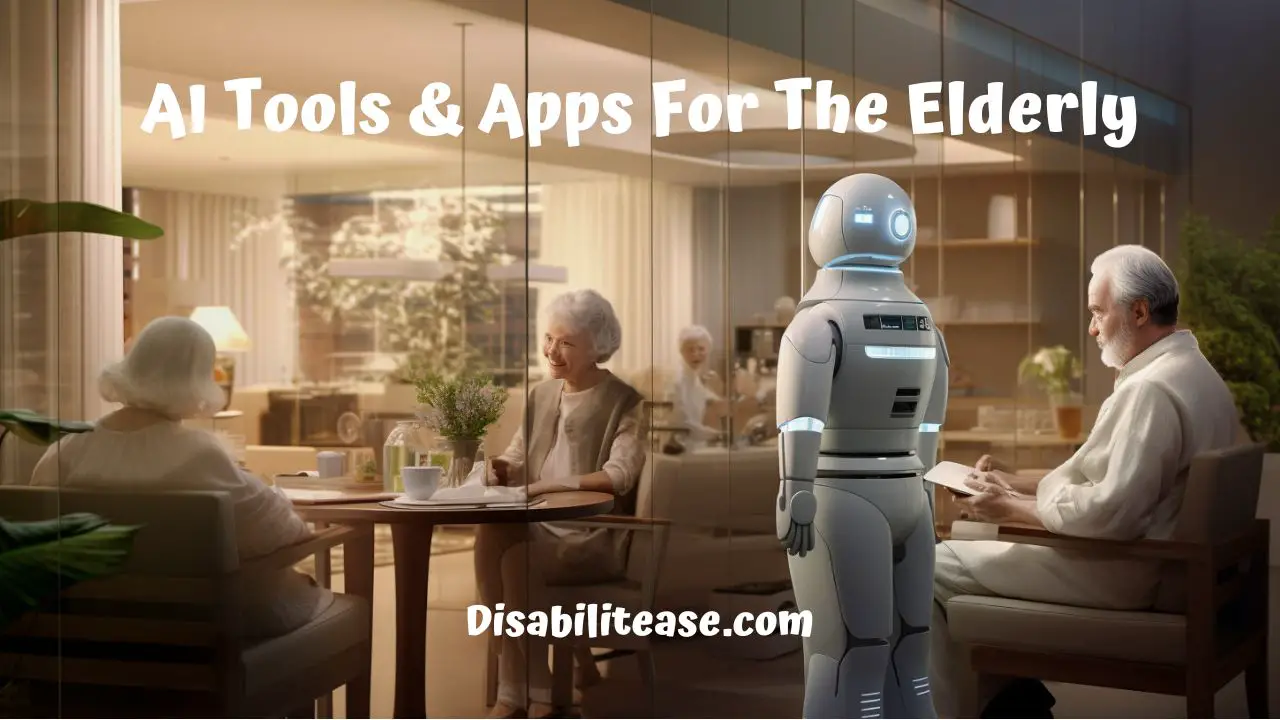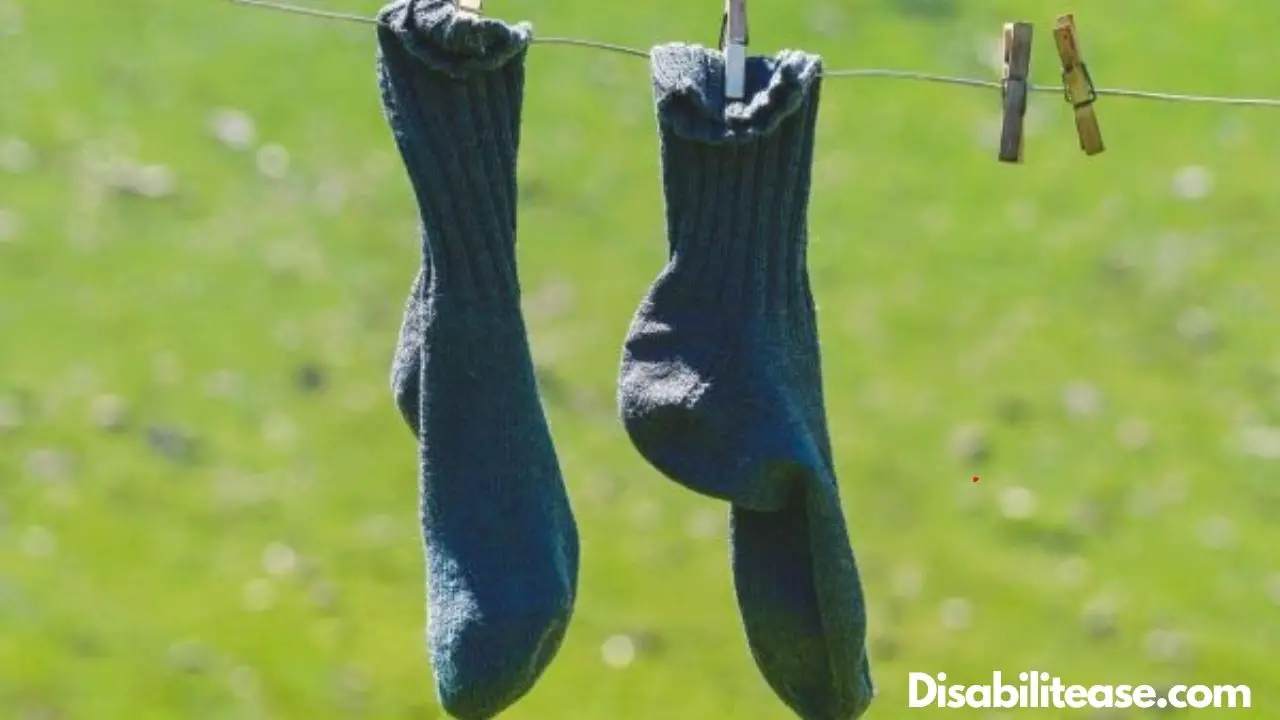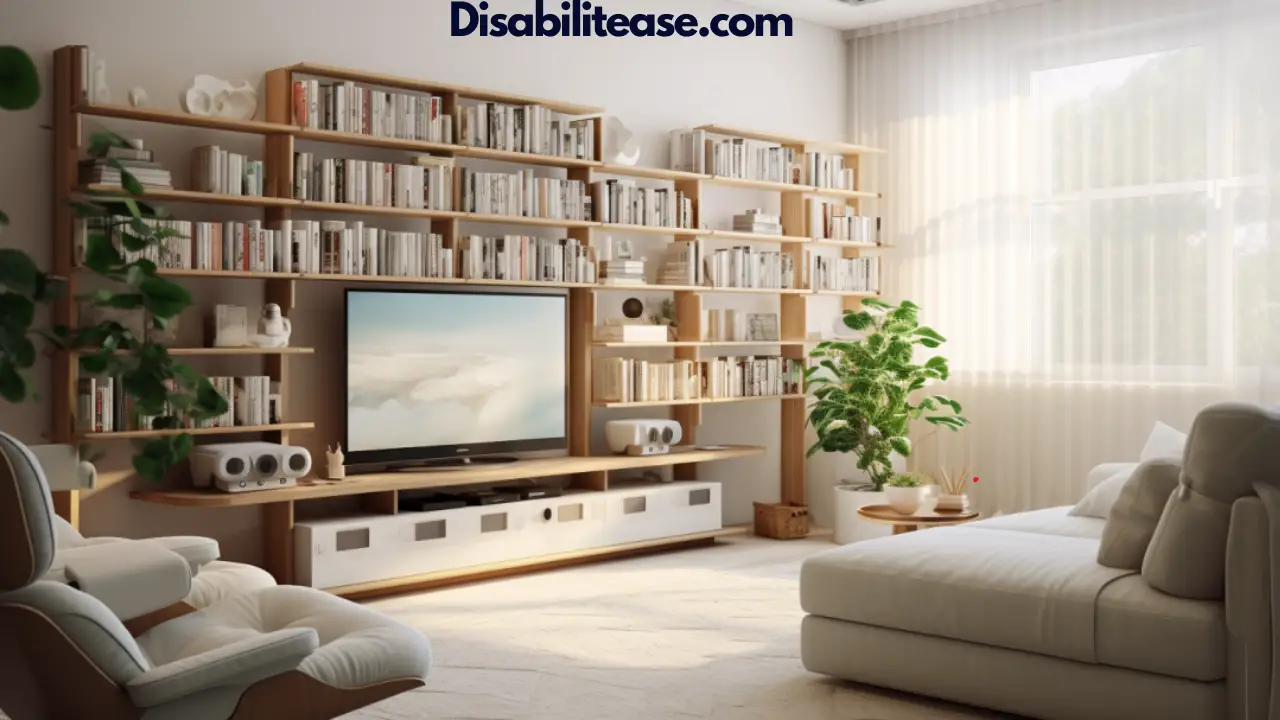Can an Eclipse Blind you? Before we talk about this it is important that we talk about the eclipses.
There are two type of eclipses one is solar and the other is lunar. If you are not careful than solar eclipse can blind you and lunar eclipse is safer than solar eclipse.
We have a related article for you, you can read Best Fitness Trackers & Smartwatches For Elderly, Blind & Visually Impaired.
Table of Contents
Can An Eclipse Blind You?
Solar Eclipse
A solar eclipse usually occurs when the moon is in between the sun and the earth. The moon obstructs the sun’s light from reaching the earth, producing a shadow across the earth. A complete solar eclipse is when the moon conceals the sun.

Meanwhile, a partial solar eclipse is when the moon merely conceals a part of the sun. This kind of eclipse might cause harm to your eye by exposing it to the rays of the sun.
Lunar Eclipse:
A lunar eclipse is when the earth passes between the moon and the sun during a lunar eclipse, rendering the moon not visible to observers on earth since the moon doesn’t reflect any rays of the sun.
Effects Of Eclipse On Eyes:
Solar Eclipse:
Throughout a solar eclipse, eyes exposed to the sun without adequate visual protection could result in solar retinopathy, i.e., burning of the retina. The retina has light-sensing cells that enable vision.
However, the retina is damaged or even destroyed in case of direct exposure to the eclipse rays. This harm might be brief or permanent, but this is painless. It might take anything from several hours to even several days to comprehend the extent of the damage caused by the solar eclipse.
Solar retinopathy has no cure, yet if you have visual difficulties, one must consult an eye specialist to be sure that the reason behind the problem is exposure to these light beams.
Although in a majority of cases, patients recover in a few months, almost half a year, lasting damage like blind spots in vision or abnormalities is not uncommon.
Symptoms:
Visit an optometrist immediately in case you experience the following symptoms after seeing a solar eclipse:
- Solar Retinopathy (Central vision Loss)
- Partial vision
- Changed color vision
Prevention:
A total solar eclipse would be the only occasion you may safely see a solar eclipse through naked eyes. The moon obscures the sun at this time.
However, the entire eclipse might last just a few minutes during the total solar eclipse. If you gaze directly at the sun while the shadow is moving away, you might experience a burnt retina, which can result in lasting damage to the eyes.
A few of the most common methods for safely viewing a solar eclipse are stated below:
- Pinhole camera: You may avoid direct view at a solar eclipse when using a pinhole projectile since it projects an image on the screen.
- Welder’s glass: A welder’s glass offers sufficient shielding and reduces the amount of damaging radiation released during a solar eclipse.
- Mylar filters: Aluminized Mylar plastic sheets could be used as eyewear for making eclipse viewing glasses. However, in case the sheet has any scratches, avoid using it.
In terms of observing a solar eclipse, be cautious. It isn’t advisable to look at the event using the equipment stated below:
- Smartphone camera: When setting up your phone’s camera for capturing a solar eclipse, you risk mistakenly gazing at the sun. There are chances that it might also cause damage to the camera lens.
- Unauthorized filters: Any filter is unsafe to be used with any optical gear, except that it is mainly built to view a solar eclipse, such as binoculars and telescopes. Etc.
Lunar Eclipse:
A lunar eclipse, contrary to a solar eclipse, does not require specialized eye gear. Observing the lunar eclipse with naked eyes is pretty safe during all of its phases. This is because you will not be directly staring at the sun, the actual source of light rays, and the moon merely reflects the light towards the earth.
Also, you have to check out my post on Can Blind From Birth Be Cured?
You can also use a simple telescope or binoculars to view a lunar eclipse or capture its images through any camera. Observing the moon during a complete lunar eclipse is almost the same as observing the heavenly body at any other moment.
Moreover, watching the moon during an eclipse might be safer than watching it on regular days since it might usually be uncomfortable because of its glare.
Conclusion
It is always a good idea to be extremely cautious during solar or lunar eclipse. Your eyes is your precious asset and it is your responsibility to protect it.

Hi, my name is Eddie, I am a professional trainer specializing in the elderly population and I’m also a website designer. I love training in the gym, going to the beach, traveling, and having good food.
I combined my love for sport and website designing to make “DisabilitEase” whose purpose is to help elderly and disabled people live a more full and active life, have more fun, and enjoy their unique journey despite any disability.



